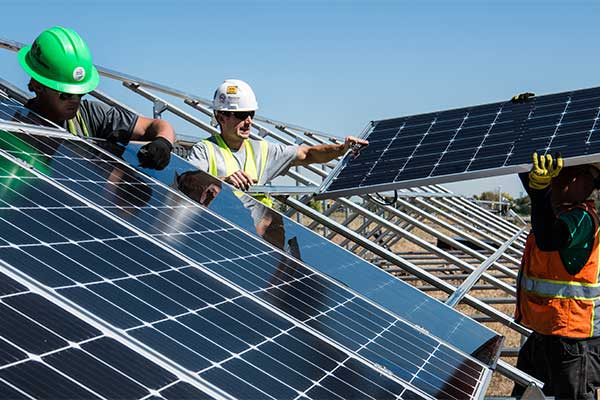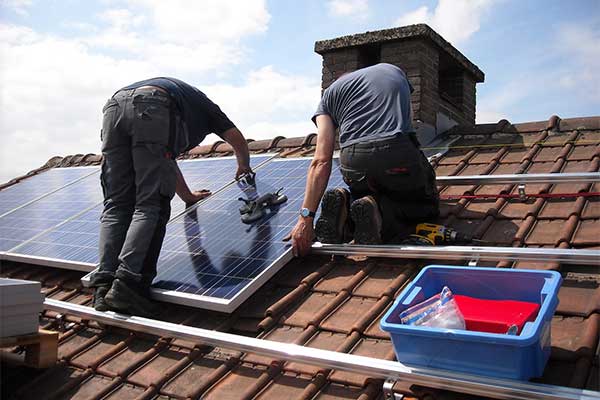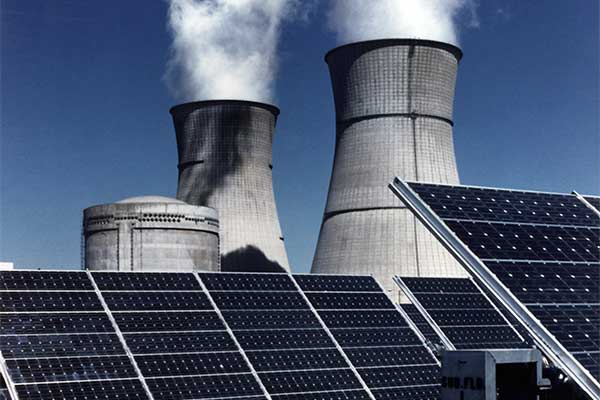Our Services
Lojic provide the best rely on the Aspiro Company
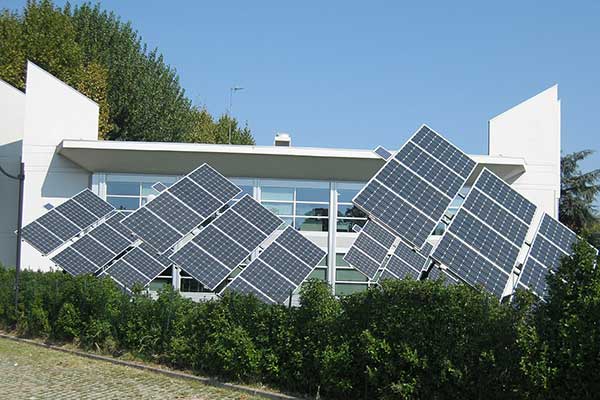
Solar Panels
Solar panels are a key component of any solar energy system. They are designed to convert sunlight into electricity using photovoltaic cells, which are typically made of silicon. Solar panels are mounted on rooftops or ground-mounted structures to capture sunlight and generate electricity for residential, commercial, and industrial applications. Benefits of solar panels include: Renewable Energy: Solar energy is a renewable resource, meaning it can be replenished naturally. Cost Savings: Solar panels can help reduce electricity bills by generating free, clean energy from the sun. Environmental Impact: Solar energy is a clean source of energy that produces no greenhouse gas emissions or air pollutants. Energy Independence: Solar panels can help reduce dependence on fossil fuels and foreign energy sources. Low Maintenance: Solar panels require minimal maintenance and have a long lifespan, typically around 25 years or more.
Read More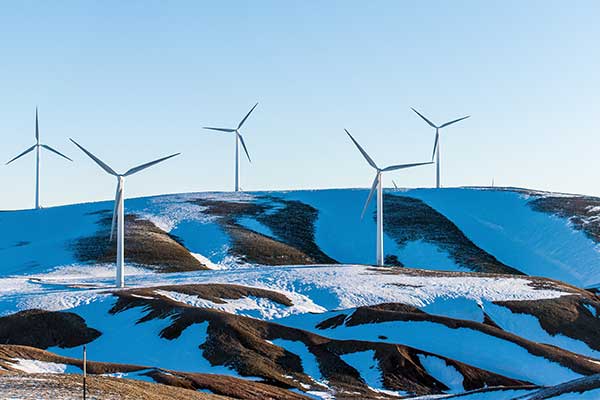
Wind Turbines
Wind turbines are devices that convert the kinetic energy of wind into mechanical power, which can then be used to generate electricity. They consist of large blades mounted on a tall tower, which captures the wind and rotates a shaft connected to a generator. Benefits of wind turbines include: Renewable Energy: Wind energy is a renewable resource that does not deplete over time. Clean Energy: Wind turbines produce electricity without emitting greenhouse gases or air pollutants. Cost-Effective: Once installed, wind turbines can generate electricity at a relatively low cost compared to fossil fuels. Energy Independence: Wind energy reduces reliance on imported fuels and contributes to energy security. Job Creation: The wind energy industry creates jobs in manufacturing, installation, and maintenance of wind turbines. Scalability: Wind farms can range from small-scale installations to large-scale wind energy projects, making them adaptable to different energy needs.
Read More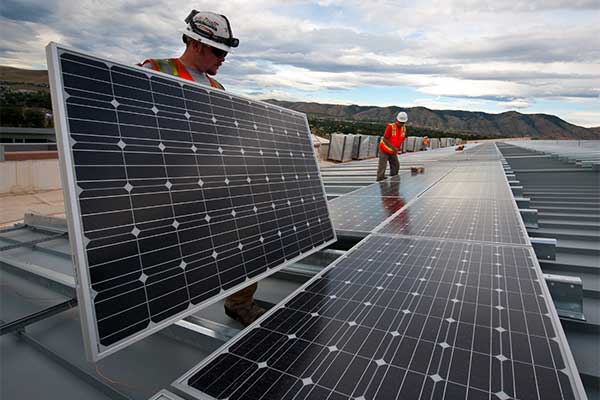
Hydropower Plants
Hydropower plants harness the energy of flowing water to generate electricity. They typically involve a dam or barrier that creates a reservoir, which stores water. When released, the water flows through turbines, which spin generators to produce electricity. Benefits of hydropower plants include: Renewable Energy: Hydropower is a renewable energy source, as water is naturally replenished through the water cycle. Low Emissions: Hydropower plants produce minimal greenhouse gas emissions compared to fossil fuel power plants. Reliability: Hydropower plants can provide a constant, reliable source of electricity, unlike some other renewable energy sources that depend on weather conditions. Water Management: Hydropower plants can help manage water resources by regulating water flow and providing irrigation, flood control, and water supply. Long Lifespan: Hydropower plants can operate for many decades with proper maintenance, providing long-term energy security. Energy Storage: Some hydropower plants can serve as energy storage systems by pumping water uphill when electricity demand is low and releasing it when demand is high.
Read More